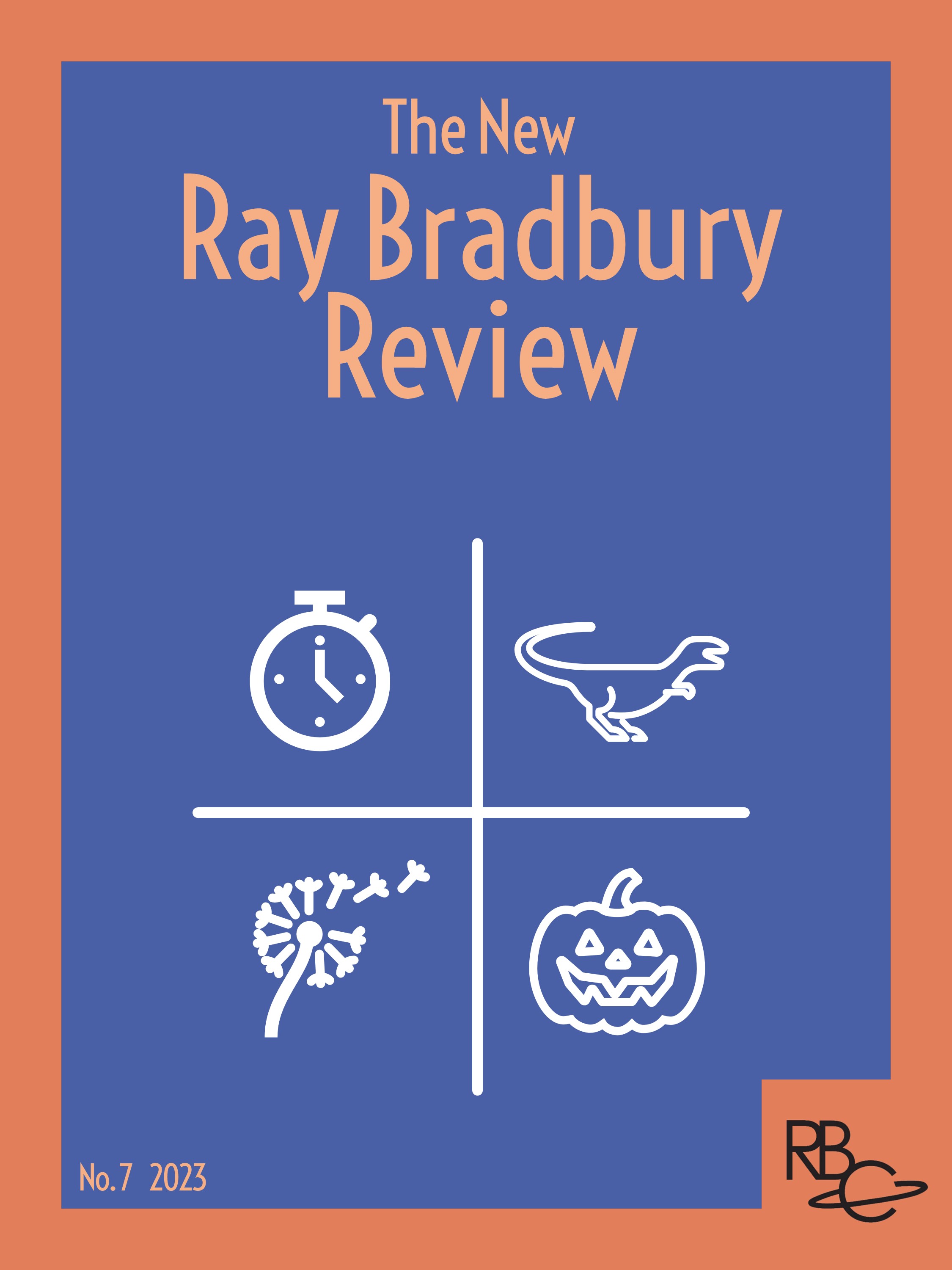An Economy of Distraction: Ray Bradbury’s Vision of Technology in the Modern Age
DOI:
https://doi.org/10.18060/27569Keywords:
Ray Bradbury, Media, Literacy, Entertainment, Technology, Virtual, Fahrenheit 451, Dystopia, Attention SpanAbstract
This article examines the role of technology in Ray Bradbury’s Fahrenheit 451 and a selection of his short stories (including “The Murderer” and “The Pedestrian”) with an emphasis on Bradbury’s views on overreliance on technology. Bradbury’s views on technology are complex and multifaceted, and his works explore the philosophical questions raised by a dependence on an increasingly technological world. Bradbury’s works caution against the dangerous repercussions of overuse of technology and the way in which individuals are often manipulated by it. The article examines the application of Bradbury’s ideas in the modern world and his views on technology’s effect on literacy and attention span, exploring Bradbury’s views on individual autonomy, and common themes within his work including dystopia, paranoia, and technological overreach. The article also examines Bradbury’s interviews and modern critical evaluations of the themes discussed, identifying commonalities within those themes. It seeks to evaluate the modern application of the ideas and themes discussed in Bradbury’s stories, and how those themes have evolved and continue to be relevant as technology progresses.
Downloads
Published
How to Cite
Issue
Section
License
Copyright (c) 2023 Theodore Giraud

This work is licensed under a Creative Commons Attribution-NonCommercial 4.0 International License.
The New Ray Bradbury Review is published under an Attribution-NonCommercial 4.0 International (CC BY-NC 4.0) Creative Commons License. All content is freely available without charge. Readers are permitted to read, download, copy, distribute, print, search, or link to the full texts of the articles, or use them for any other lawful purpose, without asking prior permission from the publisher or the author(s).


